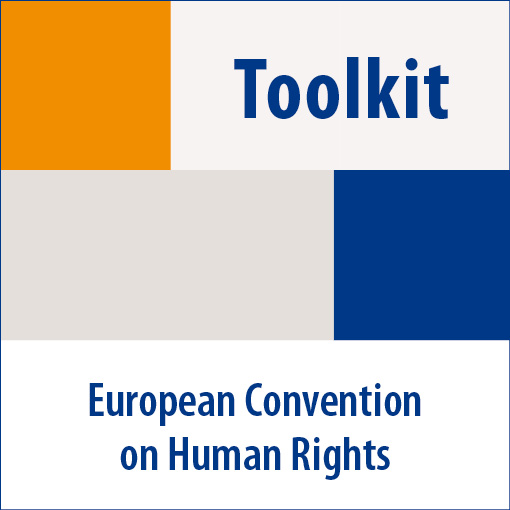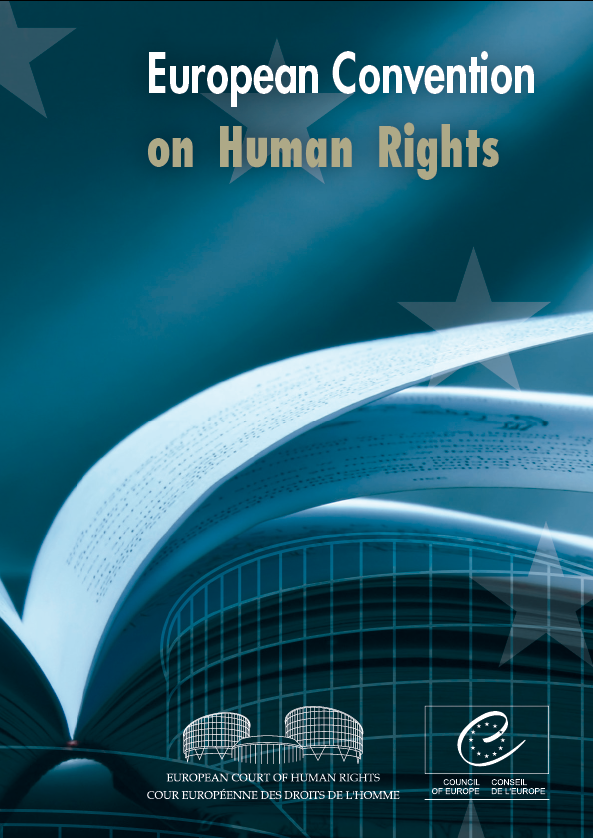Under paragraph 1, everyone has the right to respect for his or her private and family life, home and correspondence. All these terms have been given an expansive interpretation by the Court, going beyond their ordinary meaning under many national systems. Officials need to be aware of this and not assume that the Convention meaning will be the same as what they are used to.
"Private life" is much wider than privacy (which is mainly about rights to confidentiality and seclusion). It covers, among other things, personal identity; sexual orientation and activity; gender identity; data protection; freedom from noise or toxic emissions; and freedom from harassment.
"Family life" similarly is a wide concept under the Convention, going well beyond a traditional married couple with children. It covers unmarried couples (provided there is evidence of a settled long-term relationship); same sex couples and transsexuals; near relatives such as grandparents and grandchildren; and siblings. The issue is, does evidence of close personal ties exist? It has often been applied in deportation cases to allow persons with family ties to remain even where they have committed crimes or overstayed their entry permission.
"Home" requires a victim to show sufficient and continuous links with the place where they live, but it need not be occupied by them at all times; it can be temporary (like a caravan) or business premises, and sometimes occupied illegally or in contravention of a planning decision. The right protects the peaceful enjoyment of living in the home, free from unauthorised entry and also from nuisances like noise and other pollution.
"Correspondence" covers not only letters (especially from prisoners) but telephone conversations, emails and texts.
"Respect" involves both negative and positive obligations. Negatively, it is an obligation not to interfere with the rights arbitrarily. Positively, it may involve the adoption of measures designed to secure respect for private and family life not only in relations between the State and the individual but also in the sphere of relations between individuals. So, in a series of cases concerning transsexuals, the issue has not been that the States have prevented gender reassignment surgery (in fact they facilitated it), but that thereafter they refused to alter personal documents like birth certificates to reflect the new identity. This was a breach of their positive obligation to respect private life (Christine Goodwin v. the United Kingdom). Cases concerning environmental pollution also concern mostly the positive obligation. Furthermore, in all actions concerning children, the best interests of the child are a primary consideration.
Paragraph 2 follows the pattern explained above, permitting no interference with the right except such as is in accordance with the law and necessary in a democratic society for a legitimate aim. In Article 8 the permitted aims are:
- national security, public safety or the economic well-being of the country;
- prevention of disorder or crime;
- protection of health or morals, or;
- protection of the rights and freedoms of others.
Each time an interference is claimed, there has to be an assessment based on three questions:
- is it in accordance with the law?
- does it pursue a permitted aim?
- is it necessary in democratic society to fulfil that aim, i.e. not excessive, arbitrary or unfair?
An example of how this works: in a case concerning the collection and retention of personal data by the police, the applicants were charged with offences and DNA samples and fingerprints were taken. Later they were either acquitted or the charges were dropped, but the samples were retained. The retention was provided for by law and pursued a permitted aim, the prevention of crime. But the Court found it failed the "necessary in a democratic society" test because it was disproportionate, as a blanket provision, which did not permit exceptions where people were suspected of offences but had subsequently been acquitted (S. and Marper v. the United Kingdom).
Officials need to ask themselves the same questions before they interfere with Article 8 rights, to make sure they do not infringe them without justification. This article is one of those most often breached by action at working level. It is impossible to cover all the many ways it has been applied. The following are examples (based on decided cases) of some of the situations where care by particular groups of officials is most needed (NB these are not exhaustive):
Police: searching someone's home; taking or retaining physical samples or documents.
Security services: tapping a person's phone; bugging their home or business premises, retaining data.
Prison officers: monitoring or interfering with prisoners' correspondence, especially with lawyers or courts; searches of visitors for drugs, etc.; interference with visiting rights; imposing sanctions on serving prisoners.
Registrars: applying restrictions on choices or changes of name; changing civil status documents after gender-reassignment.
Social workers: taking children into care; placing them for fostering or adoption (need to inform and consult with natural parent(s), avoid delays that create irretrievable changes in relationships, etc.); facilitating contact of a child with his/her parent who has not been granted custody.
Local government officers: applying planning laws where people's homes and family lives are affected; using CCTV footage publicly where a person's identity can be revealed; managing plant which can cause pollution by noise or toxic emissions (e.g. waste treatment works).
Medical practitioners: treatment requiring informed consent.
Immigration officials: dealing with cases of prospective deportees (e.g. illegal over-stayers, convicted criminals at the end of their sentences) who have family ties in the country.
The above are not situations where Article 8 will necessarily impede the action in question, but where care is needed to ensure justification and proportionality. In several cases, officials may need to check that necessary judicial authorisation has been obtained.




